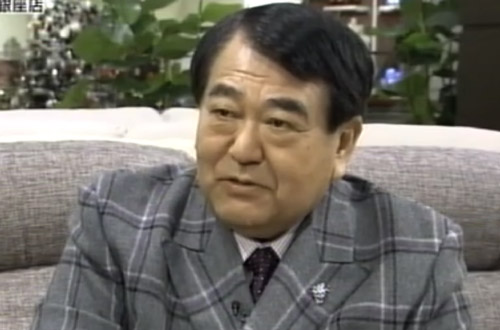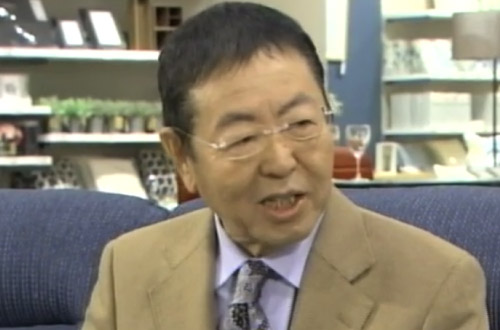



- Terashima
-
While Nitori has recorded an increase in sales and profits for 32 consecutive quarters*, environmental changes such as the incorporation of sales tax, and bursting of the bubble have occurred. We are interested in the reasons behind our growth, despite such changes.
*Attention: Current as of February, 2019
- Nitori
- Those 20 years are often referred to as the two “lost decades,” but from our point of view, they were two decades of tremendous growth. We were able to grow because we saved the necessary funds and invested them at a time when other companies were unable to do anything due to the recession. We effectively saw adversity as an opportunity for growth.
- Terashima
- You mentioned a moment ago that NITORI was looking for supply sources in Asia and other countries and I assume that must have been motivated by the situation in Japan and the strong yen. This enabled you to increase your earnings and your number of stores, but then there was a paradigm shift as the yen rapidly depreciated. But even with a weak yen NITORI still continued to grow and I find that incredible.

- Nitori
- The main reason we were able to keep growing in spite of the weak yen was having effectively hedged against risks using tools such as forward exchange contracts.
- Terashima
- Even so, you must have done more than that to make it through?
- Nitori
- Indeed. We came up with all sorts of solutions, including changing the countries or regions where we manufactured or sourced our products in an effort to lower prices even further, and scouring the globe for cheaper raw material suppliers.

- Terashima
- So rather than simply moving production overseas, it’s important to review your supply sources on a flexible basis, and manage things more efficiently.
- Nitori
- Rather than leaving raw material prices to be dictated by the manufacturers, we calculated back from the prices that our customers were looking for and worked together to come up with ways to achieve those prices. As a result, we are supported by our customers. We were successful because we were able to pass on this benefit to material suppliers as well.
- Terashima
- So you were able to channel your expertise from the supply side and then work out your requirements with the manufacturing side. It’s the fact that you are so committed to that supply-driven strategy that enables to remain competitive in a changing environment.









